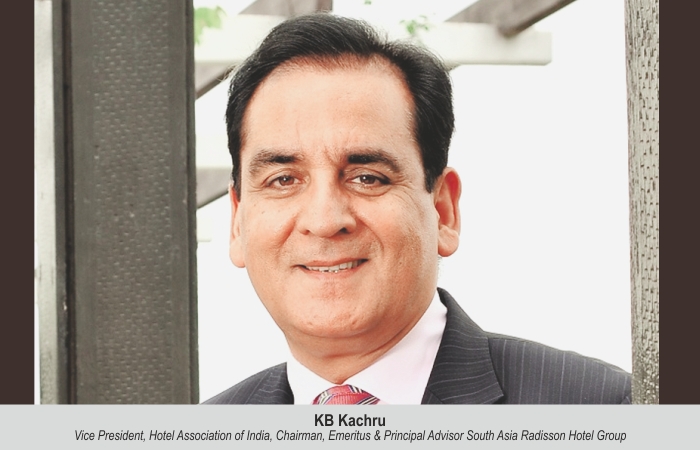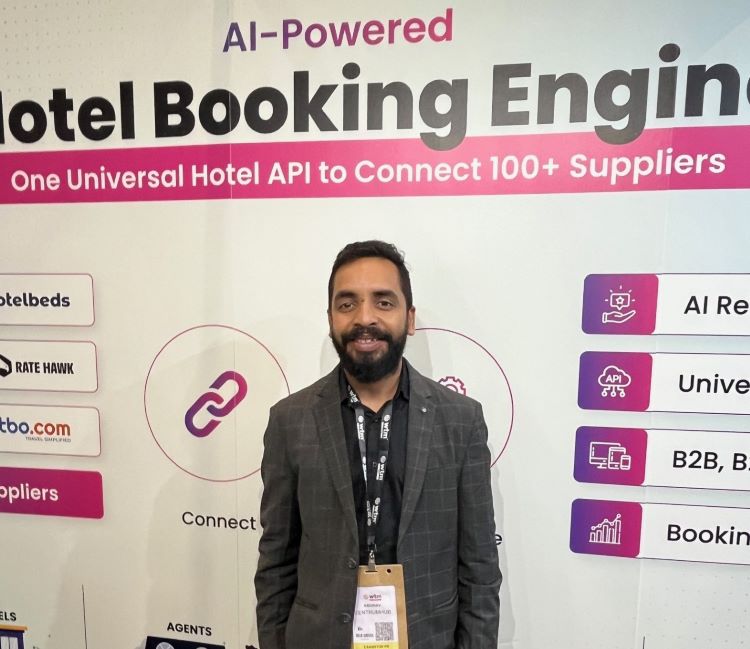Whether it is education, training or employment, the hospitality industry in India needs to strengthen all three to make sure that there is no talent drain in the sector, which is already facing staff crunch as one of the consequences of the pandemic.
One of the oldest sectors, hospitality has endured and prospered while embracing the need to develop and adapt to the shifting tastes and preferences of its customers. A workforce that is acclimated to a culture of perpetual change and innovation is needed in these ever-evolving fields with various needs and changing rules. Ironically, not much has seriously changed regarding hiring practices, training procedures, and staff retention in the hospitality industry.
Hospitality students have shifted to fields including e-commerce, retail, real estate, consultancy, and health care as a result of the pandemic’s widespread layoffs, increasing workload, long hours, relatively low earnings, and no major upskilling initiatives. It is even more serious because, according to a research by the National Skill Development Corporation of India, the industry requires a workforce of over 18 lakh, with more than 21 per cent of vacancies being listed for entry-level roles. So, what is the main reason of such shortage and reservations to join the field? Feels that the disconnect between perception and reality is a major factor in this. Hotels are often associated with elegance, comfort, and friendliness, but for recent grads in the industry, things can appear different on the ground, especially in the wake of the epidemic. They are hesitant to enter this market because of problems, including increased labour hours, constantly changing visitor expectations and demands, and a lack of market parity in remuneration. Instead, they are drawn to fields that value soft interpersonal skills, such as IT, retail, real estate, logistics, and the gig economy. Also, there is no denial of the fact that major upskilling is required by the system. For any organisation, it is important to grow their talent internally and externally. As, an industry we need to raise the bar and change the perception. Students are currently assessing if the employment roles they will hold after graduating are worth the time and money they put in the hospitality school. These are not modest sums of money.
After two years of irregular operations, the hospitality industry is finally receiving the much-needed boost with the resumption of travel and reasonably sustained interest. The current labour shortage has hindered growth for the industry.
Additionally, hotel chains are growing in Tier II and Tier III cities where tourists have significantly increased. Because employees are now expected to multitask and manage the expanding digitisation of the workplace, traditional employment patterns and responsibilities need to change.
Hotels are currently taking a step back to reassess the impression of the industry as one with unjust hours and low compensation in order to address this significant human resource concern. Employers are placing a greater emphasis on workers’ well-being, health, and safety as they roll out updated benefit schemes, provide more flexibility, and even change their workplace culture to be more hospitable. It makes a huge difference how hotels treat and care for students while they are through industrial training. They should have regular meetings with the executive committee and senior leadership one-on-one during the course of the training programme.
According to the Naukri JobSpeak Index, hiring in the hospitality sector, including hotels, restaurants and airlines, grew by 58 per cent in November 2021 as compared to the year before. Hotel chains expanding to Tier II and Tier III cities also open up opportunities. The sector has a lot to offer, but we need to look back and revise the procedures to make better for people becoming the part of the industry. Hospitality leaders need to take on the responsibility to mentor the future leaders and I would argue for linking the accountability to their KPIs.
 TravTalk India Online Magazine
TravTalk India Online Magazine





